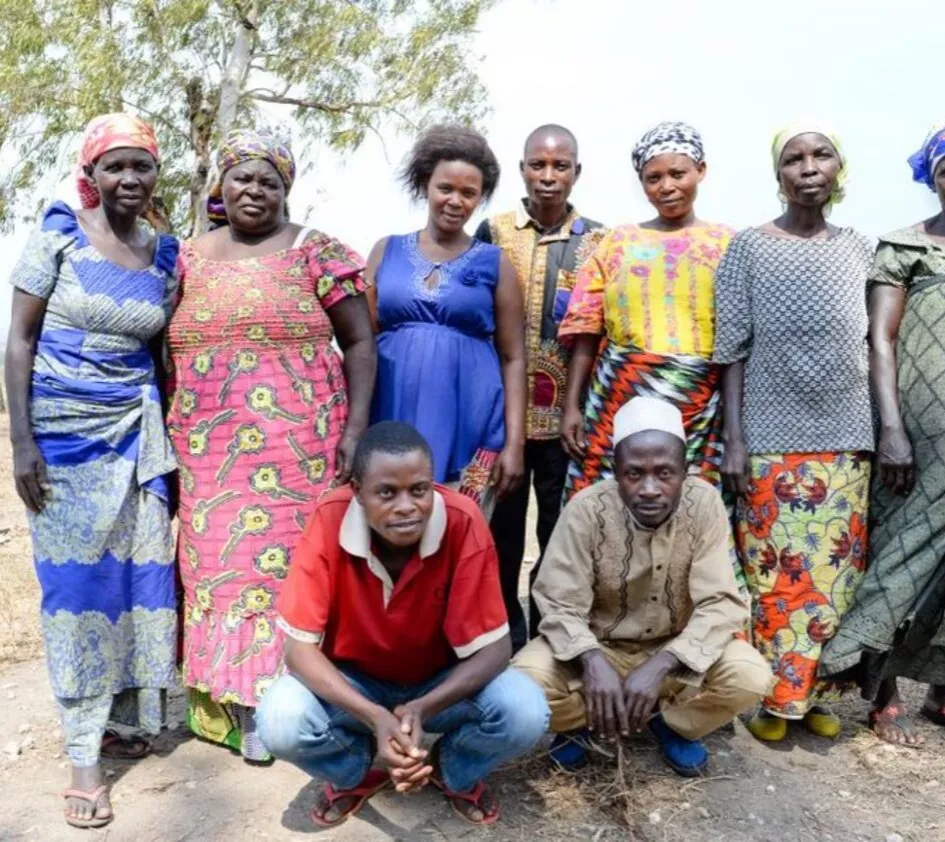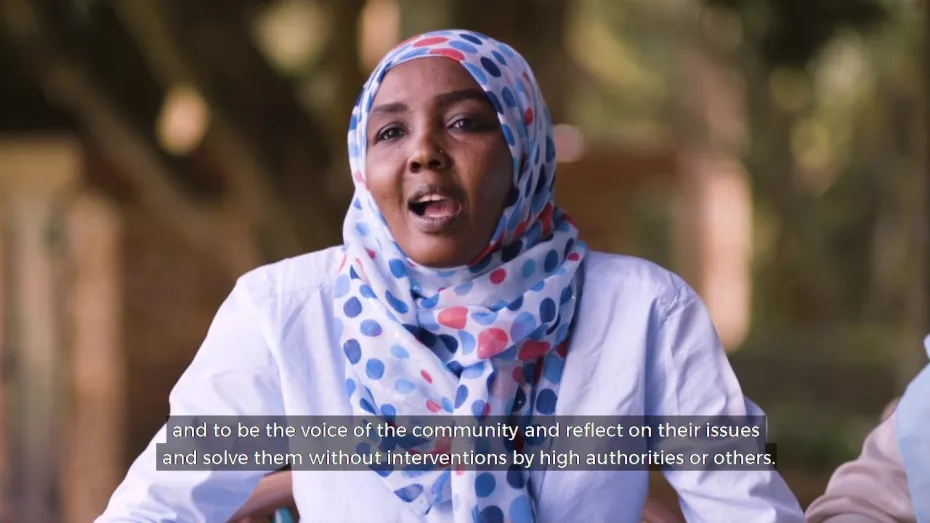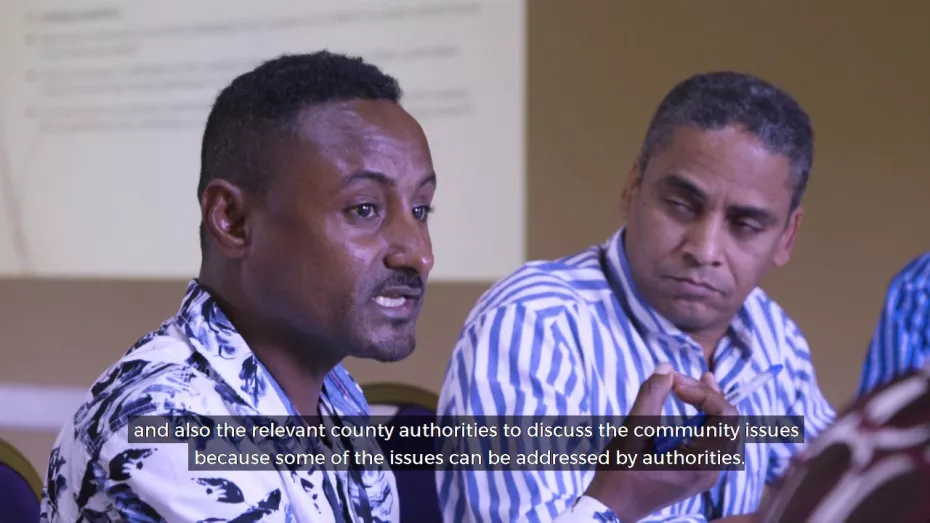The organisation of the learning event was co-funded by the Knowledge Platform Security & Rule of Law, through the Knowledge Management Fund. Together, the participants addressed several issues:
- How to promote meaningful women’s participation in local peace and security committees?
- What are the challenges of cooperation with traditional authorities and customary justice systems?
The learning event resulted in two learning papers and two short videos on these topics.
Increasing women’s participation in peacebuilding
The participation of women in the committees is often a challenge in countries like Sudan, Ethiopia, South Sudan, Congo to mention a few. Women are often not present, or they are officially member but don’t assume leadership roles nor participate in conflict mediation and dialogues because of traditional gender norms. In the learning paper, we describe the different levels of participation of women, barriers for women inclusion and how to address them. We also give examples of how community structures have contributed to transforming gender norms and values.



